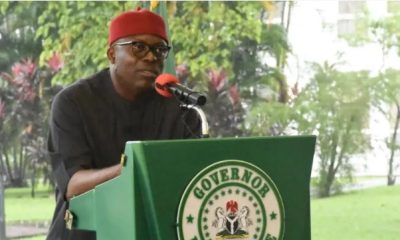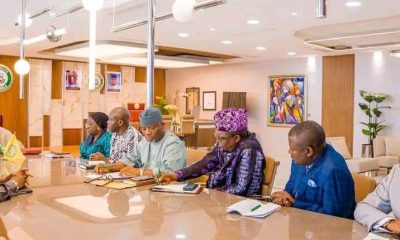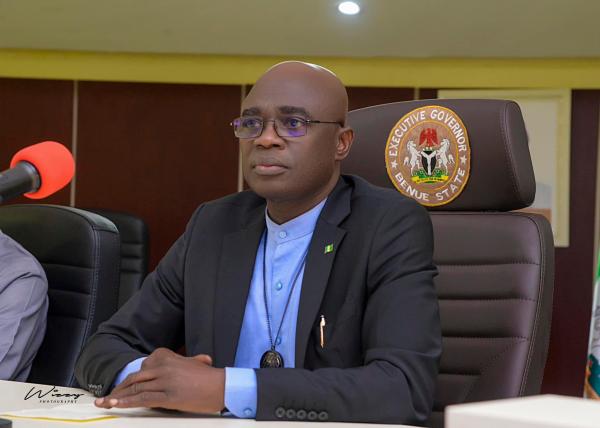The Federal Government on Thursday approved the disbursement of N12,911 billion through the Basic Health Care Provision Fund (BHCPF).
The amount represents the 2023 fund for one quarter, to be utilised in the third quarter of 2024.
This is according to the 2020 BHCPF guideline, pending the review of the new guideline.
The Coordinating Minister of Health and Social Welfare, Prof. Muhammad Ali Pate, disclosed this at the 7th meeting of the BHCPF Ministerial Oversight Committee on Thursday in Abuja.
The News Agency of Nigeria (NAN) reports that in March 2024, the Nigerian government authorised the disbursement of N25 billion through the BHCPF across the states of the federation
The allocated funds were earmarked for direct facility financing and workforce incentives across states.
Available data from the BHCPF and the Africa Health Budget Network shows that from 2019 to 2022, funds disbursed through BHCPF summed up to an estimated N89 billion.
Only 7,250 out of the 35,514 Primary Healthcare Centres in the country are currently benefiting from the BHCPF, according to the National Primary Health Care Development Agency (NPHCDA).
Pate said that in line with Nigeria’s Health Sector Renewal Initiative and President Bola Tinubu’s approval for a Sector-Wide Approach, urgent comprehensive reforms were being undertaken to improve BHCPF.
“A sub-committee set up by the Coordinating Minister of Health and Social Welfare during the 5th Ministerial Oversight Committee (MOC) meeting in late 2023, is leading these reforms.
“Key developments include Ongoing review of the BHCPF Guideline, with proposed reforms for the National Health Insurance Authority (NHIA) and National Primary Health Care Development Agency (NPHCDA) already approved in March 2024.
“A thorough assessment has revealed significant flaws in the implementation of BHCPF, prompting all 36 states and the Federal Capital Territory (FCT) to commit to immediate corrective measures.
“The MOC has approved the release of ₦25 billion to key health agencies to prevent disruption of services while awaiting the new guideline by the third quarter of 2024,” he explained.
He said that these reforms aimed to better align resources and improve health outcomes, such as increased antenatal coverage, skilled birth attendance, immunisation rates, and overall health insurance coverage in Nigeria.
Dr Muyi Aina, Executive Director, NPHCDA, said that two memos were submitted and approved by the MOC.
“The first memo, jointly presented by the NCDC Gateway and EMT Gateway, outlined proposed reforms.
“These reforms focus on programmatic improvements at both state and national levels, as well as fiduciary interventions to ensure proper resource utilisation.
“The second memo focused on the disbursement of N12.9 billion across all states for the third quarter, following a previous approval and disbursement of N25 billion for the first two quarters,” he said.
Aina said that these reforms and disbursements were part of ongoing efforts to implement the Sector-Wide Approach and government reforms, aimed at improving coordination and resource efficiency across various gateways.
He stressed on the need to improve the quality of primary health centres across states, utilising resources from both state funding and external sources like World Bank loans.
“We have conducted assessments with the National Health Insurance Authority and states to identify facility gaps and prioritise improvements.
“The focus now is on working closely with each state to sequence the refurbishment of these facilities, starting with those most urgently in need of support,” he said.
Also speaking, the Director General, NHIA, Dr Kelechi Ohiri, said that the meeting was to ensure visibility into how funds were utilised, promoting openness about the allocation and expenditure of resources.
Ohiri said that it was an atmosphere to hold stakeholders responsible for their actions and decisions regarding fund usage, involving peer review and scrutiny from various sectors including government, empowerers, and civil society.
“Serving as a platform to address challenges and constraints in implementing healthcare initiatives, aiming for collective resolution and proactive steps forward,” he said.
He said that these elements underscored the importance of effective governance and collaboration in achieving the goals of BHCPF.
He disclosed that approximately 2.7 million Nigerians were now insured under this initiative, ensuring they have access to a minimum package of healthcare services at primary healthcare centres without out-of-pocket expenses.
“We are working with the NPHCDA to improve healthcare quality in facilities, making sure services remain affordable and covered under health insurance.
“The initiative has spurred states to contribute their resources, with 25 states funding their own health insurance programmes to support the poor and vulnerable, expanding coverage beyond federal efforts,” he disclosed.
He said that since the last 6th MOC, additional states have begun implementing their health insurance funds, accrediting multiple facilities to provide comprehensive care at the primary healthcare level.
He said that these achievements highlight the programme’s impact in enhancing healthcare access and affordability across Nigeria, driven by collaborative efforts between federal and state entities.
NAN reports that the federal government established the BHCPF in 2014, under Section 11 of the National Health Act, to provide funding to improve access to primary health care.
BHCPF was designed to be financed from not less than one per cent of the Consolidated Revenue Fund (CRF) of the federal government and other sources, including donors’ contributions.
The Fund provides a Basic Minimum Package of Health (BMPHS) aimed at increasing the fiscal space for health, strengthening the national health system, particularly at the PHC level, and ensuring access to healthcare for all.
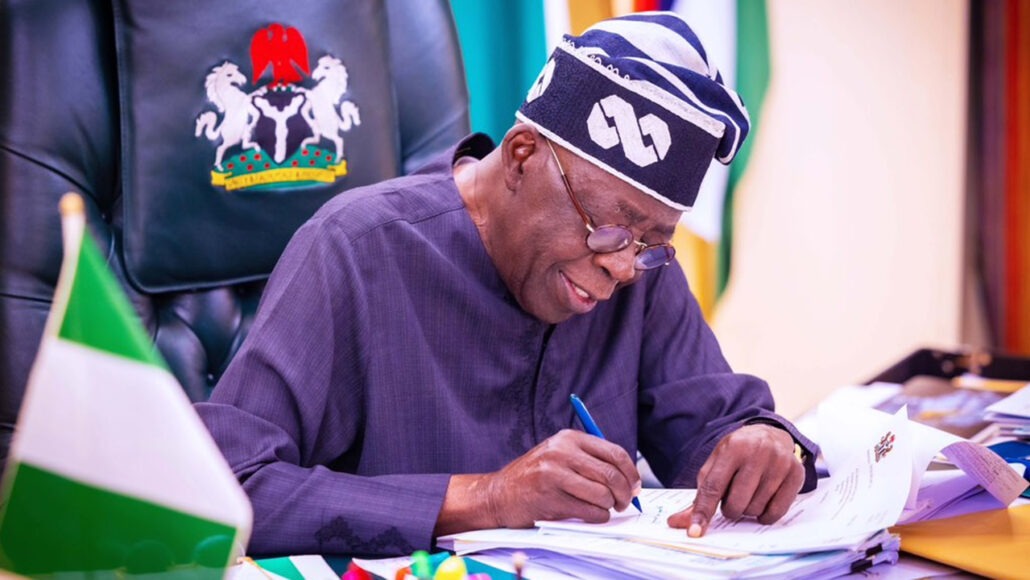

 News5 hours ago
News5 hours ago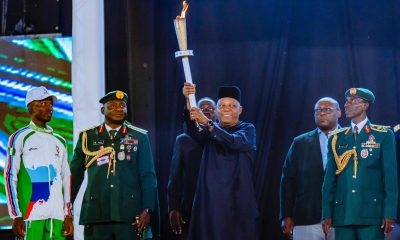
 Sports13 hours ago
Sports13 hours ago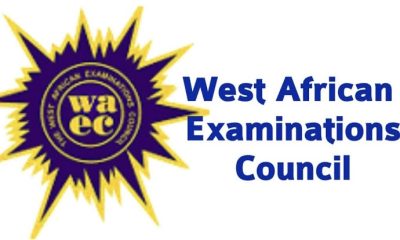
 Education11 hours ago
Education11 hours ago
 News14 hours ago
News14 hours ago
 News10 hours ago
News10 hours ago
 Metro11 hours ago
Metro11 hours ago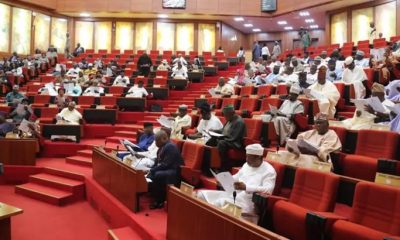
 National8 hours ago
National8 hours ago
 Entertainment16 hours ago
Entertainment16 hours ago
 Education11 hours ago
Education11 hours ago
 News15 hours ago
News15 hours ago



